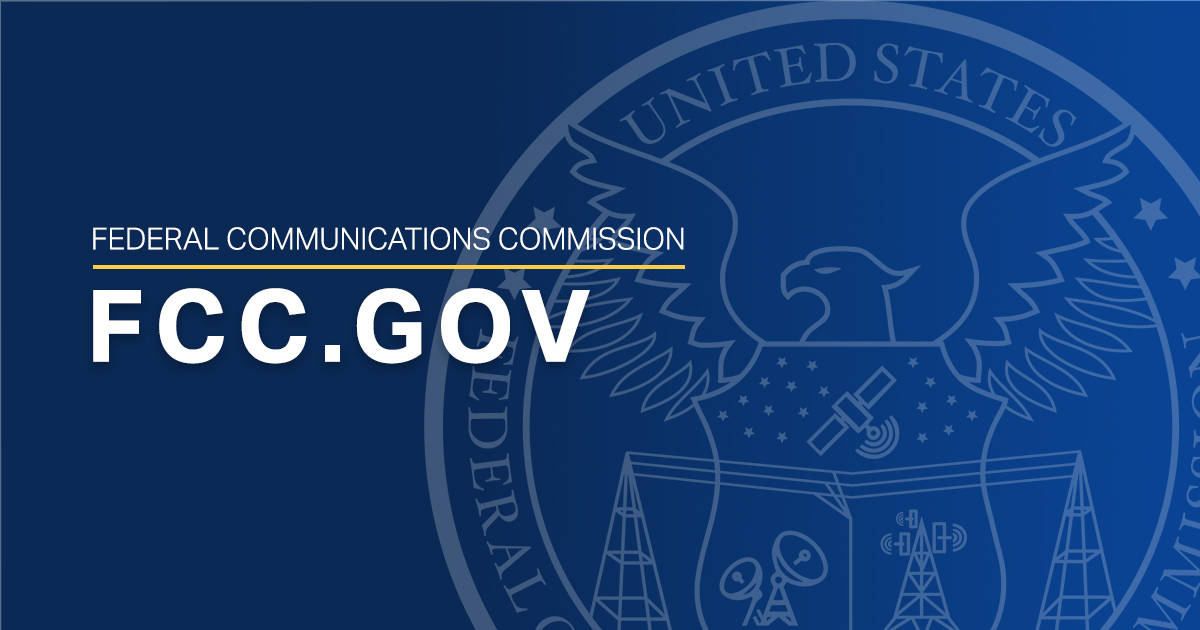The 1st amendment ensure universal political expression as long as it does not harm the rights of anyone else.
Ok, gotta stop you right there because that's just bone dead wrong. All the First Amendment does is prohibit the government from interfering. Period. Done. Nothing else. "Congress shall pass no law ...." - not "Facebook shall ban no Trump".
Besides your own imagination, do you have anything supporting such a bizarre view of the 1st Amendment?
Any service provider that then discriminates based on interpretation of political content, is then in violation of FCC regulations.
Yeah. That's your claim. But based on your claim above, I'm gonna need something to back it up. You seem to have a screw loose.



